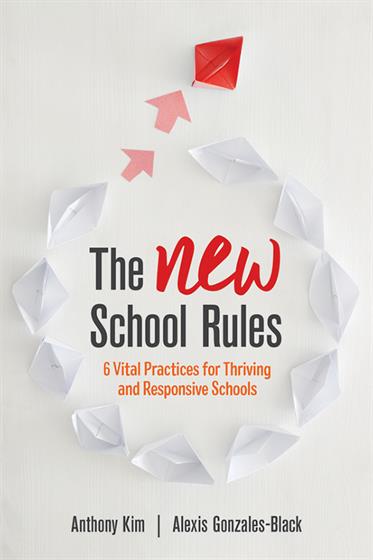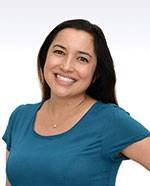Preface
Acknowledgments
About the Authors
Introduction: Why We Need New Organizational Practices for Thriving Schools and Students Today
The Promise of Responsiveness
How Responsive Organizational Thinking Evolved
How This Book Is Designed
A Note About Who This Book Is For
CHAPTER 1. PLANNING: Plan for Change, Not Perfection
When Plans Are More Important Than Our Purpose
Planning Without Learning
Control Is Confused With Planning
Build Roadmaps, Not Manuals
Use Cadences and Pivot Points, Not Just Schedules and Deadlines
Encourage Testing, Experiments, and Responsiveness
EXPERIMENT 1. Define a Clear Purpose
EXPERIMENT 2. Delineate Between What You Know and What You Anticipate
CHAPTER 2. TEAMING: Build Trust and Allow Authority to Spread
We’re Dragged Down by the Slow and Unwieldy Legacy of Hierarchies
Land Grabs Are Still Too Common
When Everyone and No One Is Responsible
Clarify the Purpose of Every Team . . . and Revisit It
Build Trust and Address Tensions
Develop Effective Team Habits That Support Distributed Authority
Embrace Dynamic Team Structures That Evolve and End
EXPERIMENT 3. Offer Feedback as Data
EXPERIMENT 4. Team Meeting Protocol
CHAPTER 3. MANAGING ROLES: Define the Work Before You Define the People
Job Descriptions Get in the Way
Role Overwhelm (and Underwhelm)
Put a Role’s Purpose Before Politics
Separate Roles for Personal Clarity and Smarter Decisions
Value Each Voice as a Human Sensor
EXPERIMENT 5. Role Mapping
EXPERIMENT 6. The One-Question Technique
EXPERIMENT 7. Guidelines for Being an Effective Sensor
CHAPTER 4. DECISION MAKING: Aim for “Safe Enough to Try” Instead of Consensus
The Cycle of Meeting Paralysis
The Risks of Delayed Decision Making
The False Promise of Consensus . . . or Defaulting to a Decider-in-Chief
Get Aligned and Clear Out the Noise
Decide on Things You Can Decide On: Make Decisions Smaller
Fail Forward: Approach Planning and Big Decisions as Decision Cycles
EXPERIMENT 8. Three Language Shifts for Decision-Making Discussions
EXPERIMENT 9. Protocol for a Starting Proposal
EXPERIMENT 10. Default to Yes and Defend No—One Decision at a Time
CHAPTER 5. SHARING INFORMATION: Harness the Flow and Let Information Go
A False Sense of Transparency
Information Has an Expiration Date
Accept Ambiguity
Think of Others: Apply the Reverse Precautionary Principle
Ask for What You Need: Apply the Lesson of Self-Advocacy
Plan Communication as a Process, Not an Event
EXPERIMENT 11. Say “Thank You” for Asking
EXPERIMENT 12. The 3 × 3 Rule
CHAPTER 6. THE LEARNING ORGANIZATION: Schools Grow When People Grow
“Best Practices” Are Inhibiting Learning and Innovation
There Isn’t Learning Without Listening
The Mindset of Efficiency
Use the Physical Environment to Build a Learning Environment
Promote Optimal Zones of Learning (for Adults as Well, Not Just Kids)
Develop a Learning Mindset: The Stance of Agent, Not Subject
Face the Truth
EXPERIMENT 13. Start a Reflection Practice
EXPERIMENT 14. Create a Habit of Learning Every Day
EXPERIMENT 15. Personal Portfolios
A Responsive Roadmap: Beginning the Shift to New Organizational Practices
Three Dimensions of Change
A Plan for Implementation
Frequently Asked Questions and Answers
List of New Rules and Lessons
List of Experiments
References
Index




